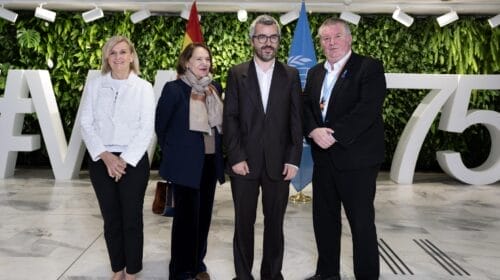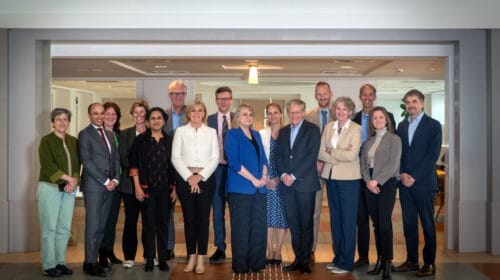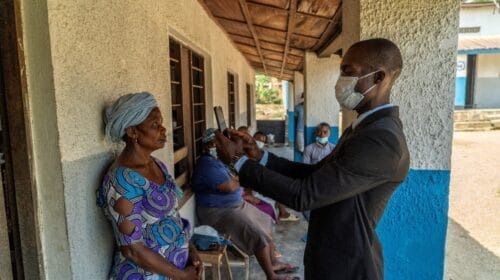UN chief calls for domestic violence ‘ceasefire’ amid ‘horrifying global surge’

In a reference to his repeated appeals for a ceasefire in conflicts around the world, to focus on the shared struggle to overcome the virus, the Secretary-General pointed out that violence is not confined to the battlefield, and that “for many women and girls, the threat looms largest where they should be safest: in their own homes”.
The combination of economic and social stresses brought on by the pandemic, as well as restrictions on movement, have dramatically increased the numbers of women and girls facing abuse, in almost all countries. However, even before the global spread of the new coronavirus, statistics showed that a third of women around the world experienced some form of violence in their lives.
The issue affects both developed and poorer economies: nearly a quarter of female college students reported having experienced sexual assault or misconduct in the USA, whilst in parts of sub-Saharan Africa, partner violence to be a reality for 65 per cent of women.
Research by the World Health Organization (WHO), details disturbing impacts of violence on women’s physical, sexual, reproductive and mental health: women who experience physical or sexual abuse are twice as likely to have an abortion, and the experience nearly doubles their likelihood of falling into depression. In some regions, they are 1.5 times more likely to acquire HIV, and evidence exists that sexually assaulted women are 2.3 times more likely to have alcohol disorders.
87,000 women were intentionally killed in 2017, and more than half were killed by intimate partners of family members.
Shockingly, violence against women is as serious a cause of death and incapacity among women of reproductive age as cancer, and a greater cause of ill health than traffic accidents and malaria combined.
Strain on services hampering response
Since the pandemic, the UN is reporting that Lebanon and Malaysia, for example, have seen the number of calls to helplines double, compared with the same month last year; in China they have tripled; and in Australia, search engines such as Google are seeing the highest magnitude of searches for domestic violence help in the past five years.
Together, we can and must prevent violence everywhere, from war zones to people’s homes, as we work to beat COVID-19 António Guterres, UN Secretary-General
These numbers give some indication of the scale of the problem, but only cover countries where reporting systems are in place: as the virus spreads in countries with already weak institutions, less information and data will be available, but it is expected that the vulnerability of women and girls will be higher.
Responding to the rise in violence is further complicated by the fact the institutions are already under a huge strain from the demands of dealing with the pandemic. “Healthcare providers and police are overwhelmed and understaffed”, said Mr. Guterres, “local support groups are paralyzed or short of funds. Some domestic violence shelters are closed; others are full”.




